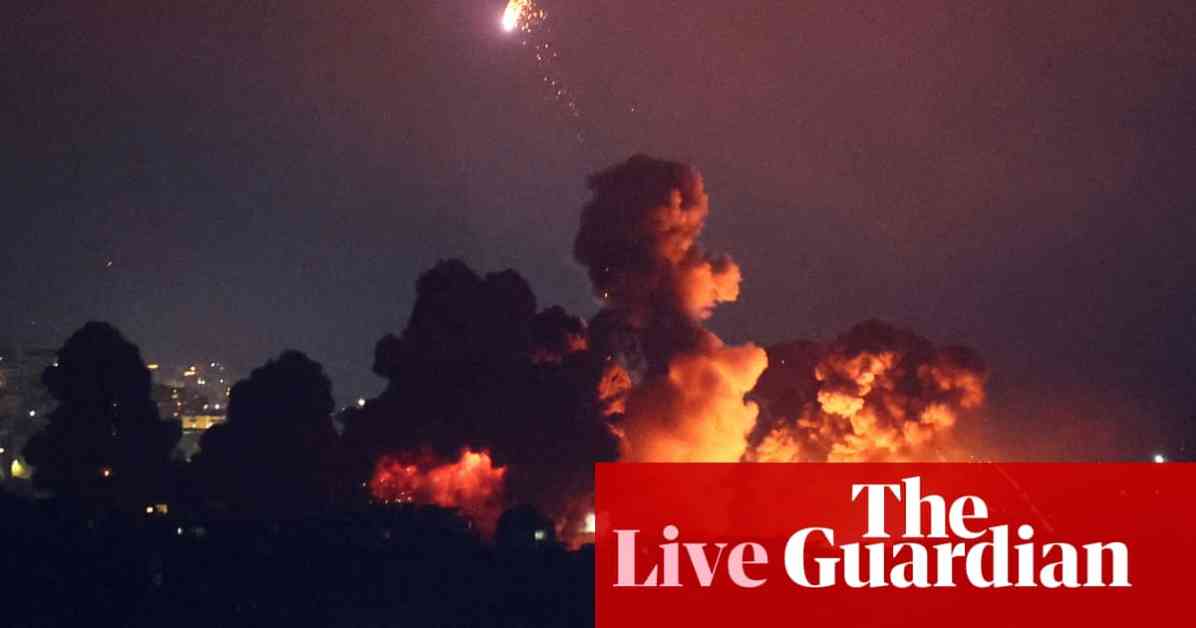Israeli airstrikes targeted Hachem Safieddine, the presumed next leader of Hezbollah, in Dahiyeh, Beirut. The strikes were reminiscent of the attack that killed Hassan Nasrallah, the previous leader. Large explosions and red smoke plumes were seen in the area.
The Israeli military reportedly used powerful bunker buster bombs in the strike, leaving deep craters. The attacks on Safieddine come after a series of strikes on other Hezbollah leaders, including Ibrahim Aqil, Fuad Shukur, Nabil Qaouk, Ali Karaki, and Ibrahim Jazini.
Meanwhile, in the West Bank, an Israeli attack on a cafe resulted in the deaths of 18 people, including a mother and her two children. The attack was described as one of the bloodiest in the region in 24 years. Local hospitals were overwhelmed with casualties, and many people were trapped under the rubble.
The Israeli military also intercepted a hostile aircraft that entered the country from the east. The ongoing violence in the Middle East has raised concerns about the escalation of conflict. US President Joe Biden expressed confidence in avoiding an all-out war but acknowledged that there is still much to be done.
The situation in the Middle East remains tense, with multiple airstrikes reported in Beirut’s southern suburbs and other areas. The Israeli military’s use of disproportionate force, known as the Dahiyeh doctrine, has been a subject of criticism. The doctrine involves targeting centers of power and infrastructure to deter paramilitary attacks.
As the conflict continues, the international community is closely monitoring the situation. The targeting of Hezbollah leaders and the civilian casualties resulting from the attacks have sparked debates about the legality and ethics of such military actions. The need for diplomatic solutions and de-escalation efforts is more crucial than ever to prevent further loss of life and widespread destruction in the region.












